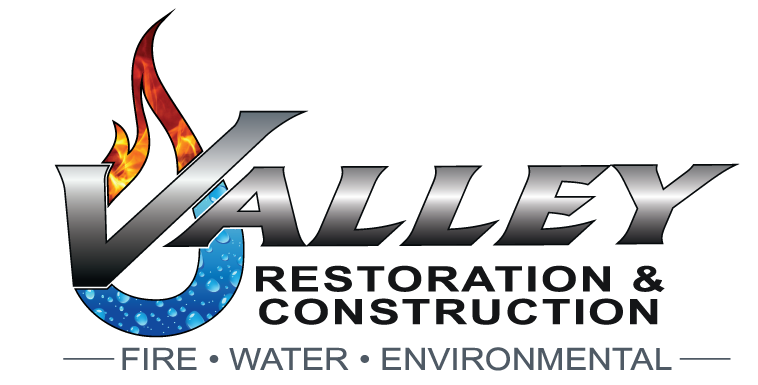Fire Damage Restoration & Cleanup
If your home or office has suffered fire damage, don’t hesitate to call us today. Valley Restoration is IICRC certified in fire and smoke restoration. They will be there for you whether you need fire clean-up, soot removal, or total reconstruction repair. Our fire damage restoration services include managing your remediation project from beginning to end.
Are You Dealing with a Restoration Emergency?
Restore Your Home or Business to Pre-Fire Conditions
Fire is devastating. Thankfully, with the assistance of a professional fire restoration company, you gain peace of mind and the knowledge that they can restore your property quickly and safely.
As a homeowner, you probably need more expertise and specialized equipment to deal with fire damage. Fire destroys belongings and can damage a building’s structural integrity. Additionally, smoke and soot residue need to be eliminated for people to inhabit the home again—not to mention the water damage caused by firefighters putting out the fire.
A fire damage professional company like Valley Restoration and Construction will secure the building, demolish any parts beyond repair, mitigate water damage, clean up the premises, and remove smoke and lingering soot odors before they start the reconstruction process.
Potential Fire Damage Risks
What Should I Do Immediately After A Fire?
Fires create panic and chaos. However, immediately after crews extinguish the flames, you must take appropriate actions to keep your family and home safe.
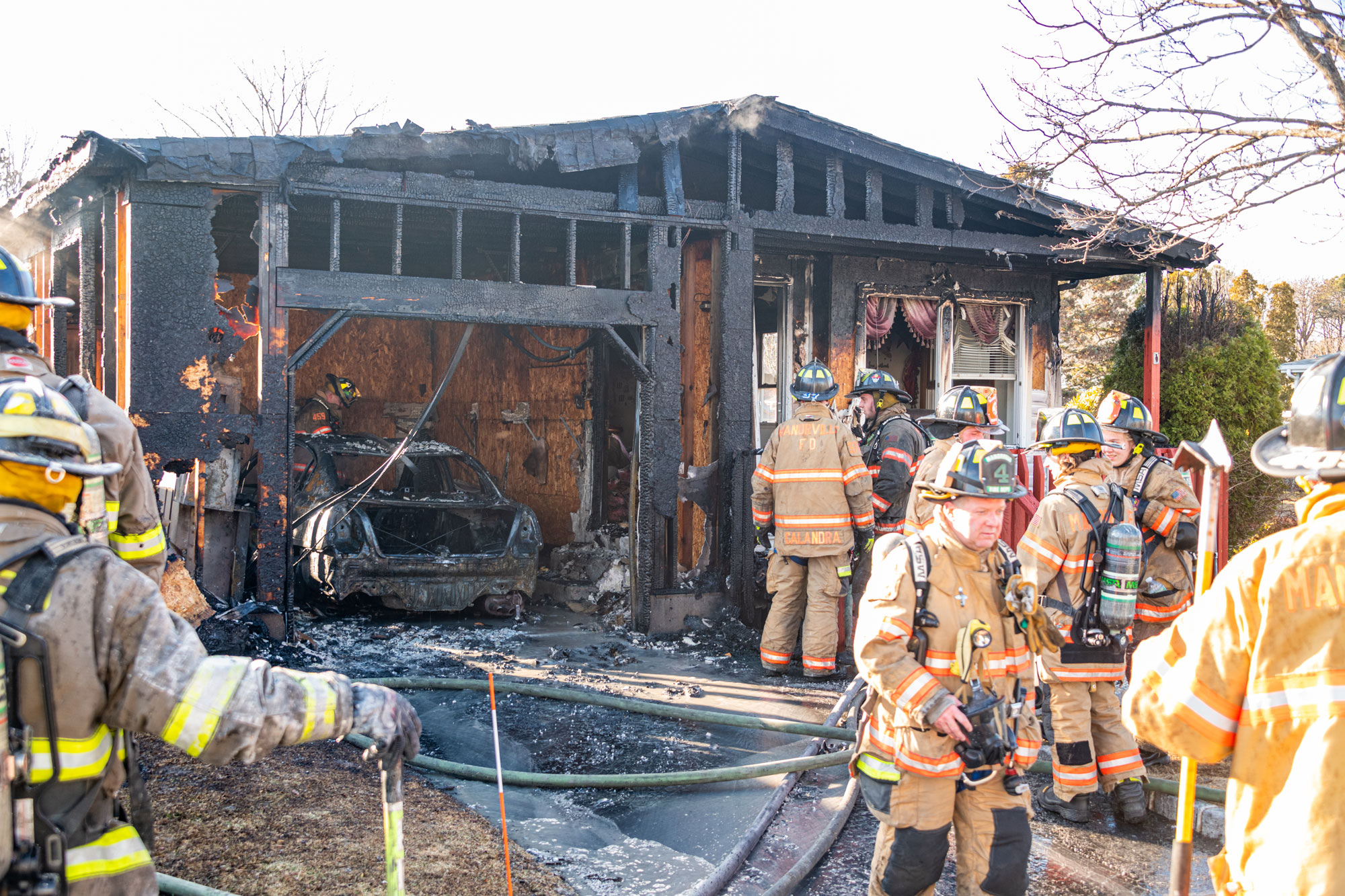
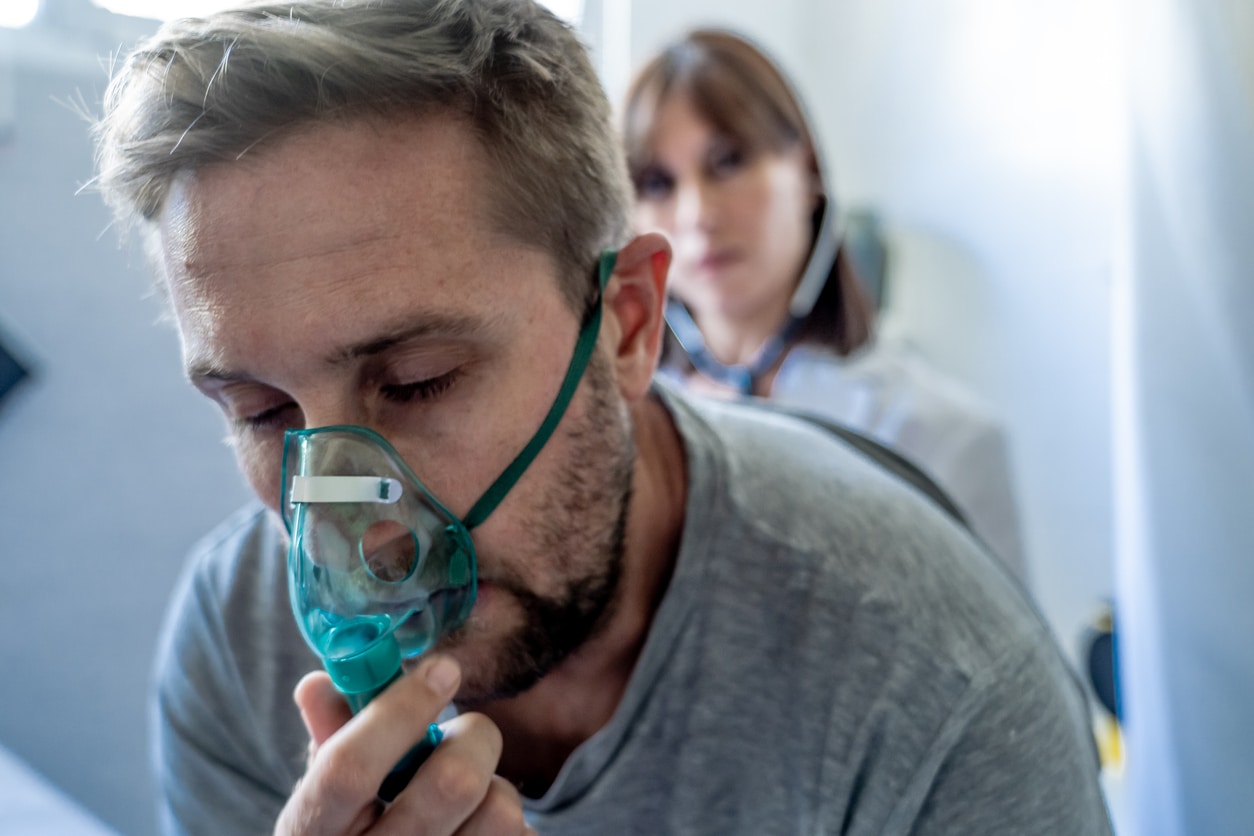
Things to Do After a Fire
Ensure Everyone's Safety
The priority is to ensure everyone is safe. Account for all family members and pets, and find temporary housing if necessary. This could be with family or friends, or sometimes, your insurance company may help arrange temporary accommodation.
Contact Your Insurance Company
As soon as possible, notify your homeowner’s insurance company about the fire. They will guide you through the process of filing a claim. Document the damage for your claim by taking photos and listing damaged items.
Secure the Property
To prevent further damage or theft, you should secure your property. You may board up windows and doors or place a tarp over damaged roof areas. Your insurance company may arrange for this, or you may need to organize it yourself.
Limit Movement
Limit movement in the home to help prevent cross-contamination and further smoke damage from soot particles embedding into upholstery and carpets.
Cover Traffic Areas
Place clean towels or old linens on rugs, upholstery, and carpet traffic areas.
Empty Fridge & Freezer
If electricity is off, empty the freezer and refrigerator and prop open the doors.
Contact a Fire Restoration Service
Fire restoration professionals can help clean, repair, and rebuild your home. They can also remove smoke odor, clean up soot, and prevent mold growth from water damage.
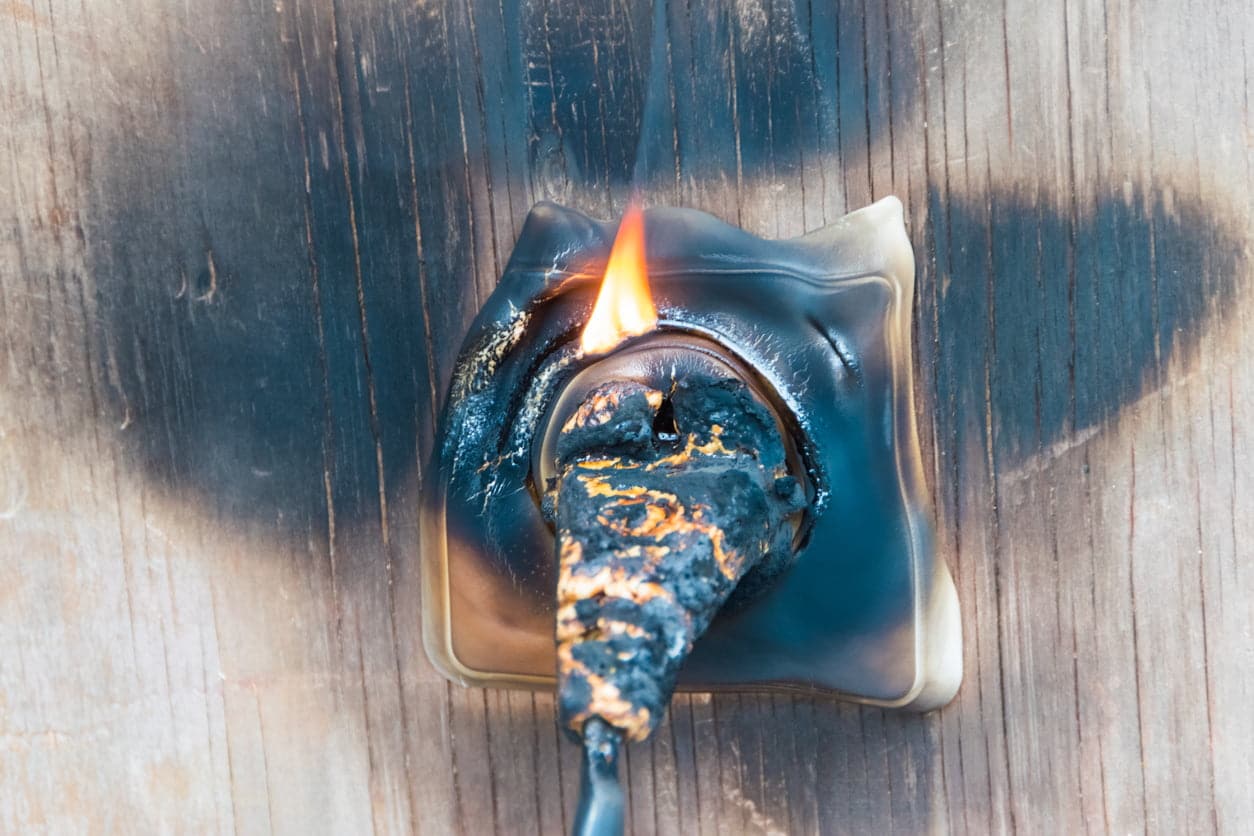
Things to Not Do After a Fire
Try to Clean Up Yourself
Starting the cleanup process might be tempting, but you should wait for professional fire restoration services. Smoke, soot, and extinguisher residue can be toxic and require special handling and cleaning methods.
Eat Food Items Exposed to Heat, Smoke, or Water
The high heat, smoke, and chemicals used to extinguish the fire can contaminate food items, making them unsafe to consume.
Use Utilities Until Inspected
Utilities such as gas, water, and electricity should only be used once a professional has inspected them to ensure they are safe.
Turn on Electrical Appliances
Appliances or electronic devices that underwent heat or water exposure could be damaged and pose a safety hazard.
Discard Damaged Goods
For insurance purposes, keep all damaged items until you’ve documented them and your insurance adjuster has inspected them.
Wash Walls or Painted Surfaces
Without the right cleaning solutions and techniques, you could cause further damage or make it more difficult for professionals to restore your property.
Trust Valley to Help Clean and Rebuild Your Home
Professional fire damage restoration services have the proper equipment to handle all these issues, cleaning, repairing, and rebuilding homes after a fire. They can also work to preserve and restore personal belongings where possible.
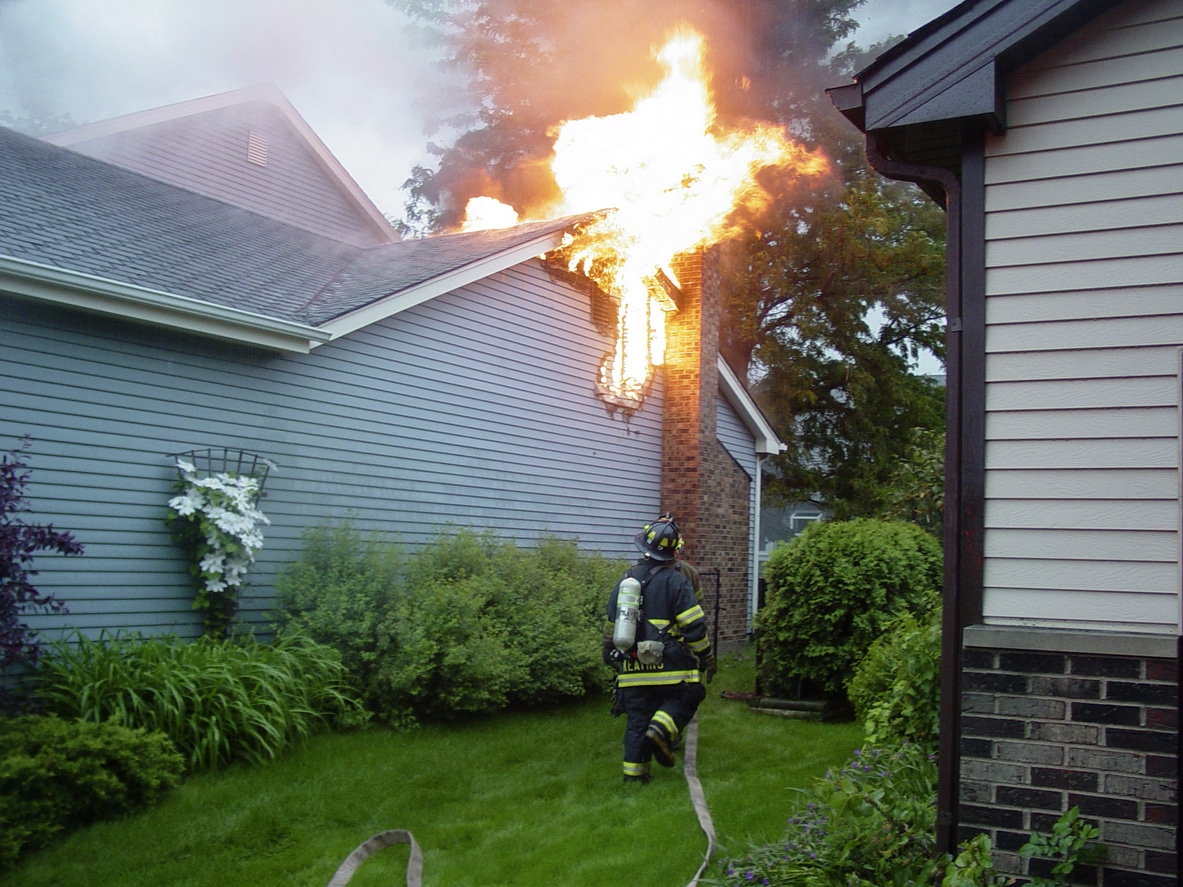
Fire Awareness
What Causes House and Business Fires in Western Colorado?
Several factors can lead to house and business fires in Western Colorado. Understanding these causes can help residents and business owners to take preventive measures. Here are some of the common causes:
Dry Conditions and Wildfires
Western Colorado is known for its dry climate, which can create conditions conducive to wildfires, especially during the warmer months. These wildfires can quickly spread to residential and commercial areas, causing significant damage.
Electrical Issues
Electrical fires are common across the U.S., including in Western Colorado. Overloaded circuits, outdated wiring, faulty appliances, or the improper use of extension cords can cause these.
Heating Equipment
Improperly installed or poorly maintained heating systems, including furnaces and space heaters, can lead to fires. Using a fireplace without a screen or failing to clean the chimney can also cause a fire.
Cooking Accidents
According to the National Fire Protection Association, cooking is the leading cause of home fires and injuries. Unattended cooking, grease spills, or flammable items left near the stove can quickly result in a fire.
Smoking Materials
Carelessly discarded cigarettes, cigars, or other smoking materials can cause a fire, especially if they come into contact with flammable materials like furniture, curtains, or dry foliage.
Arson
While not as common as other causes, arson or starting a fire can also lead to house or business fires.
Candles and Open Flames
Candles, barbecues, and other open flames can cause fires if left unattended or too close to flammable materials.
Understanding these common causes of fires can help residents and business owners in Western Colorado take steps to protect their properties. Working smoke alarms, maintaining heating and electrical equipment, and practicing safe cooking and smoking habits can significantly reduce the fire risk.
Types of Fire Damages
What Happens When There’s A Fire?
A fire can cause significant and varied damage to a home, often changing the structure and contents profoundly. Here’s a broad outline of what can happen:
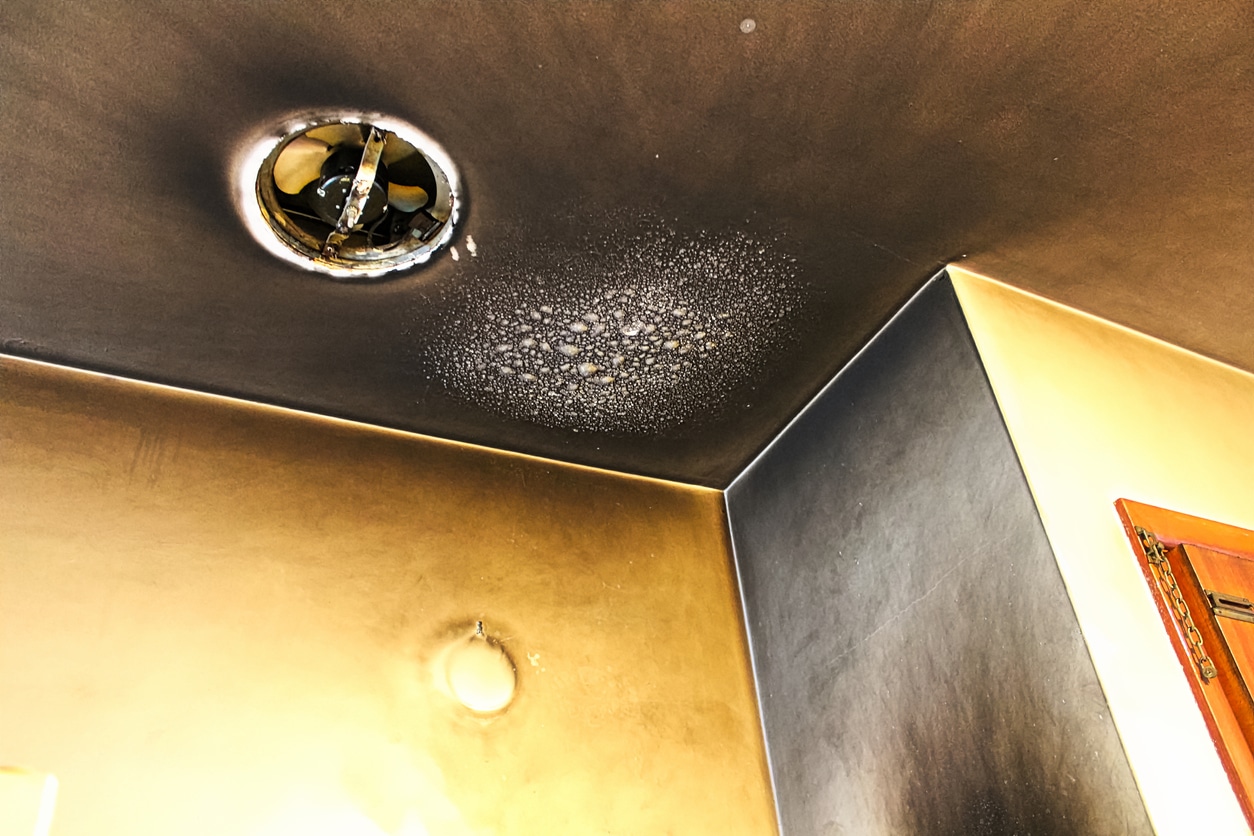
Structural Damage:
This is often a fire’s most visible and immediate impact. Flames can consume walls, floors, ceilings, and the foundation of a home. Roof damage can expose the house to the elements.
Water Damage:
The process of extinguishing the fire can also result in substantial water damage. This can lead to additional structural harm and, if not addressed promptly, can foster the growth of mold and mildew, which carry their health risks.
Heat Damage:
The intense heat from a fire can melt and warp materials in the home, including metal fixtures, plastic items, and even glass. It can also cause damage to the electrical system of the house.
Smoke and Soot Damage:
Smoke and soot can infiltrate virtually every part of a home, from the attic to the basement. Soot is a black, powdery or flaky substance produced by incomplete combustion, and it can coat surfaces, leading to discoloration and corrosion. Smoke, particularly from synthetic materials, can leave a lingering, unpleasant odor and is toxic.
Air Quality:
Fire can significantly impact indoor air quality. Fires and smoke can release many toxic gases and particulates, including carbon monoxide, nitrogen oxides, and volatile organic compounds (VOCs). These can linger in the home, posing potential health risks.
Emotional and Psychological Impact:
Besides the physical damage, a fire can also have a significant emotional and psychological impact on the residents. Losing personal belongings and valued mementos can be deeply distressing, and the recovery and restoration process can be long and challenging.
Trust Valley to Help Clean and Rebuild Your Home
Professional fire damage restoration services have the proper equipment to handle all these issues, cleaning, repairing, and rebuilding homes after a fire. They can also work to preserve and restore personal belongings where possible.
Cleanup & Restoration
Our Fire Restoration Process
We will go through the following steps to mitigate the damage and restore your home.
Make Sure the Home Is Safe to Enter
First, we need permission from the fire department to enter the building. The fire department will confirm whether the home is structurally sound and can be safely entered. If the fire is under investigation, we will also wait to get the “all clear” from local law enforcement agencies before entering the building.
Damage Assessment
Our technicians and crews enter the building and start the fire assessment. They note damages throughout the home or office, determine what is salvageable, how much repair is required, if the electrical grid is affected, and whether the water pipes and other infrastructure have been damaged. We also confirm if the structure is sound or requires extensive repairs.
Our assessment will help you deal with your insurance by accurately estimating the cost of fire mitigation, remediation, and reconstruction.
Secure the Building
Fire damages windows, roofs, and doors. We board up windows and openings to secure the building from intruders. If we notice roof damage, we place tarps to prevent the elements from entering the house.
We also eliminate any debris to leave a clean field for our technicians to start the restoration process.
Demolish Damaged Parts
Floors and drywalls that are beyond repair require demolishing. Otherwise, they pose a risk to our crews and the homeowners. If fire crews used water to contain the fire, the drywall and wooden floors would be beyond repair: if we don’t remove them, mold will start growing and could colonize the whole house.
Water Mitigation
We extract the water and dry out all moisture remnants with dehumidifiers and professional vacuums that suck humidity out of the air.
When there is excess humidity in the house, our crews can’t start repairs or accurately evaluate the need for mold remediation.
Cleanup
The cleanup process after a fire is extensive.
We keep anything salvageable and take it away. We have special equipment for smoke and soot remediation.
For example, textiles that didn’t get burnt but absorbed smoke and soot require special treatment. If you put them in your washing machine, you will leave smoke and soot residue, probably rendering it unusable. We use special dry-cleaning techniques to clean textiles and upholstery without damaging the materials.
A major part of the cleanup is smoke removal. When smoke lingers, it radiates smoke particles that harm the lungs. We have special dehumidifiers, air scrubbers, vacuums, and ozone machines to suck all the smoke particles from materials and the air.
Finally, we clean the rest of the house from any remaining debris.
Reconstruction and Restoration
If the fire has caused extensive damage to your home structure, we move on to rebuilding, reconstructing, and restoring your home. The length of time this requires depends on the damage’s extent and other restrictions, such as the weather or the availability of the required materials.
We will rebuild the roof and replace the damaged and removed drywall. We also replace the flooring, repair the electric grid, and make sure the water pipes are not broken or didn’t get bent from the high temperatures during the fire.
Finally, we repair the windows and doors or install new ones to ensure that your home is safe for you and your family to inhabit.
Why Call Valley Restoration & Construction for Fire & Smoke Damage
Valley Restoration and Construction is the go-to emergency restoration company in the greater Montrose area. We are highly trained and experienced in fire and smoke damage restoration. Our reputation speaks for itself. If you’re trying to decide why you should choose Valley Restoration, we hope these benefits will make the decision easier.
Certified Fire Damage Restoration Experts
All Valley Restoration and Construction crew members are IICRC-certified in fire damage restoration. This means they know how to restore your property to pre-disaster conditions so you can return to enjoying your space.
Our technicians and crews wear protective gear: goggles, helmets, gloves, and coveralls protect our employees. This particular gear helps our staff to do their job thoroughly without fear of injury.
We also have specialized equipment and tools such as vacuums with HEPA filters, air scrubbers, ozone machines, deodorizers, and thermal foggers. Fire damage can be extensive and can’t be dealt with using regular home detergents and average brooms and mops.
“Locally-Owned” Means We Care About You
We are a locally-owned and operated business. Our professionals live in Montrose and the surrounding communities we serve. At Valley Restoration and Construction, we care about helping you.
We serve many areas throughout Western Colorado. These municipalities include Montrose, Delta, Gunnison, Ridgway, and Ouray. If you’re anywhere within Montrose, Ouray, Delta, Ouray, or Gunnison Counties, give us a call and learn how our locally-owned restoration company can help you.
A Proven Record of Quality Work
Since 2014, we’ve consistently provided high-quality work. Customer testimonials highlight our reputation and ability to deliver on our restoration and construction promises. We will ensure the job gets done and exceed your expectations regardless of the project size.
Available Anytime
We know that restoration emergencies occur at unpredictable times. That’s why we’re available to take your call 24/7. When flooding emergencies happen, we will be there for you.
Learn More About Fire & Smoke Damage Restoration
12 Tips to Minimize Wildfire Damage in Western Colorado
Wildfires in Western Colorado are challenging events to keep at bay. However, you can help minimize the chances of wildfires around your home. Reduce as many fuels and sources of ignition as possible within a 75 foot radius of your home to minimize wildfire damage....
FAQs
Common Fire Restoration Questions
What is fire damage restoration?
Fire damage restoration involves a series of processes aimed at restoring property that has been damaged by fire. This includes smoke and soot removal, water damage repair from firefighting efforts, deodorizing, cleaning, and rebuilding affected areas to restore them to their pre-fire condition.
How soon can fire damage restoration begin?
Fire damage restoration can begin as soon as the property has been declared safe by the fire department or a building inspector. Starting as quickly as possible is important to prevent further damage and begin the cleanup process.
What does the fire damage restoration process involve?
The fire damage restoration process usually starts with thoroughly assessing the damage. Then, the area is secured, and water removal begins if necessary. This is followed by smoke and soot removal, cleaning, sanitizing, and finally, restoration and repairs.
Can I clean up fire damage myself?
Most people recommend hiring professionals to handle fire damage cleanup. Fire and smoke damage can be complex and involve dealing with toxic fumes, structural damage, and water damage. Professionals have the necessary training, equipment, and expertise to handle these challenges safely and effectively.
Will my insurance cover the cost of fire damage restoration?
Most homeowners’ insurance policies cover fire damage. However, coverage can vary depending on your policy’s specifics and the fire’s cause. It’s best to contact your insurance provider directly for information on your specific coverage.
What items can be salvaged after a fire?
Many items can be salvaged or restored after a fire, including furniture, personal belongings, and even parts of the building structure. A professional restoration team can assess which items can be saved and which should be replaced.
What happens to my property while the restoration process is going on?
During restoration, efforts will be made to secure your property and belongings. This may include boarding up windows and doors, covering holes in the roof or walls, and removing salvageable belongings for off-site cleaning and storage.
Is smoke damage as bad as fire damage?
Smoke can cause significant damage and poses its own set of challenges during the cleanup process. Smoke can penetrate deep into walls, carpets, and other surfaces, leaving an unpleasant odor behind. It can also contain toxic substances that can be harmful to health.
Can a home ever be the same after a fire?
A home can often be returned to its pre-fire condition with professional fire damage restoration. Skilled restoration professionals can clean, repair, and rebuild a home, removing all traces of fire, smoke, and water damage. However, it’s important to remember that every fire is different, and the success of restoration efforts can depend on the severity and extent of the fire damage.
How long does it take to restore a house after a fire?
The time it takes our technicians and crews to restore the house after a fire depends on the extent of the damage and size. A restoration that requires structural reconstruction and rebuilding will take longer than a fire that only caused light damage in the kitchen. Likewise, a larger house takes longer to rebuild.
Another factor that affects how long it takes to restore a house after a fire is the weather, as rain and snow can slow down the building process. Additionally, how fast the insurance company communicates with the homeowner and Valley Restoration and Construction can play a part.
Generally speaking, small-size mitigation and reconstruction could take up to three weeks. More extensive projects could take longer—up to several months.
Can I enter my home immediately after a fire?
Your mitigation and restoration company will assess the damage and the risk before you can enter your home. Still, you should only enter your home after a fire with the fire department’s approval.
The floors could be unstable due to the fire. Floorboards might have burnt and could cause falls.
You also don’t know the state of the electrical system. Is there electricity in the house? Is the system affected by the fire? Has any wiring melted?
In addition, you don’t know the extent of the water damage. Has the water short-circuited the electrical system? Is everything wet, soggy, and slippery? Do you have any broken pipes?
When you enter your home after a fire, you should only turn on electrical devices, lights, or anything else connected to the power grid once an electrician has checked all the systems. We suggest you don’t turn on the water either because you could risk a flood to an already damaged home.
